

Chloe N. Lee
Last month, a man shot a Maryland judge callously and coldly in the judge’s driveway before apparently shooting himself, according to law enforcement; the man’s body was found a week later. The Washington County circuit judge, Andrew Wilkinson, had presided over divorce proceedings involving the suspect, Pedro Argote, mere hours before the shooting, and awarded custody of Argote’s children to his ex-wife.
The judge also signed an order prohibiting contact between Argote and his estranged family after raising concerns about suspected domestic abuse.
Clearly, his concerns about Argote’s capability to inflict serious harm were well-founded.
This targeting of a civil servant by a man alleged to be a disgruntled abuser is not an isolated incident. Another man with a history of domestic violence, Byrom Zuniga-Sanchez, is charged with recently threatening a family court judge who presided over his case in Orange County, California. The man allegedly blamed the judge for harming his relationship with his young son, writing in an email to the judge: “I am more committed to murdering you than I am to being present as a father.” He added threats to kill people indiscriminately at the courthouse.
(Of course, Zuniga-Sanchez’s alleged abusive behavior and refusal to pay adequate child support couldn’t possibly have harmed his relationship with his son. It was definitely the judge.)
Our society has historically viewed domestic abuse as a private, family matter. A 1975 Oakland, Calif. police bulletin even advises officers to “encourage the parties to reason with each other” over arresting anyone, if called about domestic violence. But domestic abuse is a community problem that can hardly be dismissed as an interpersonal issue. As a society, we have an ethical obligation to protect our most vulnerable and to penalize abuse when we see it.
Intimate partner violence costs the U.S. population as a whole $3.6 trillion over the lifetime of the country’s 43 million adult victims, and more than a third of the women killed in the U.S. in 2021 were killed by an intimate partner.
Furthermore, domestic abuse can lead to a constellation of maladaptive behaviors and resultant negative health outcomes, including substance-use disorders, cardiovascular disease, cancer, and more. Indeed, the cost of domestic violence to society is inordinate.
Understanding the danger that perpetrators of domestic violence pose to society, especially if they have access to firearms, is a highly relevant and important conversation, given last week’s Supreme Court review of U.S. v. Rahimi, which will determine whether people under restraining orders for domestic violence can legally keep their guns. Possession of a gun by an abuser is the strongest risk factor for intimate partner homicide; thus, the stakes of this SCOTUS review are terrifyingly high.
The troubling incidents of judges being targeted by perpetrators of domestic violence raise the following question for me: who is next? The lawyer who represents the victim? The domestic-abuse center that provides counseling and shelter for victims? Physicians like myself who often pick up on abusive dynamics? The reporter who brings attention to domestic violence?
It is my clinical and personal experience that abusers, often with narcissistic personality traits, have very poor insight into their behavior; and so, merely issuing restraining orders or attempting to reason with or rehabilitate them with “anger-management” classes are insufficient methods of protecting their targets.
Blocking their legal access to firearms is a clear and attainable goal by which we may limit the societal harm that domestic abusers inflict. We in medicine would not hesitate to intervene on any other significant public-health risk factor, and the data show that perpetrators’ access to firearms is, indeed, a substantial public-health threat.
Perpetrators of domestic abuse pose a blatant threat to our society. I may not be a legal expert, but I do not believe that our country’s founders intended for people who demonstrate a callous disregard for human life and for our societal institutions to have access to weapons that only make it easier for them to realize their propensity for violence. I do not believe that any one of us with a modicum of decency wants violent people to have legal access to guns.
Do we want a society that allows a violent person who poses an obvious danger not only in their home, but also to the larger community to possess guns legally? Or could we possibly choose otherwise?
I hope that we choose otherwise. Thoughts and prayers help no one when abusers have access to guns and the willingness to use them.
Dr. Chloe N. Lee is a resident in the Department of Psychiatry at the University of Rochester Medical Center.
24World Media does not take any responsibility of the information you see on this page. The content this page contains is from independent third-party content provider. If you have any concerns regarding the content, please free to write us here: contact@24worldmedia.com
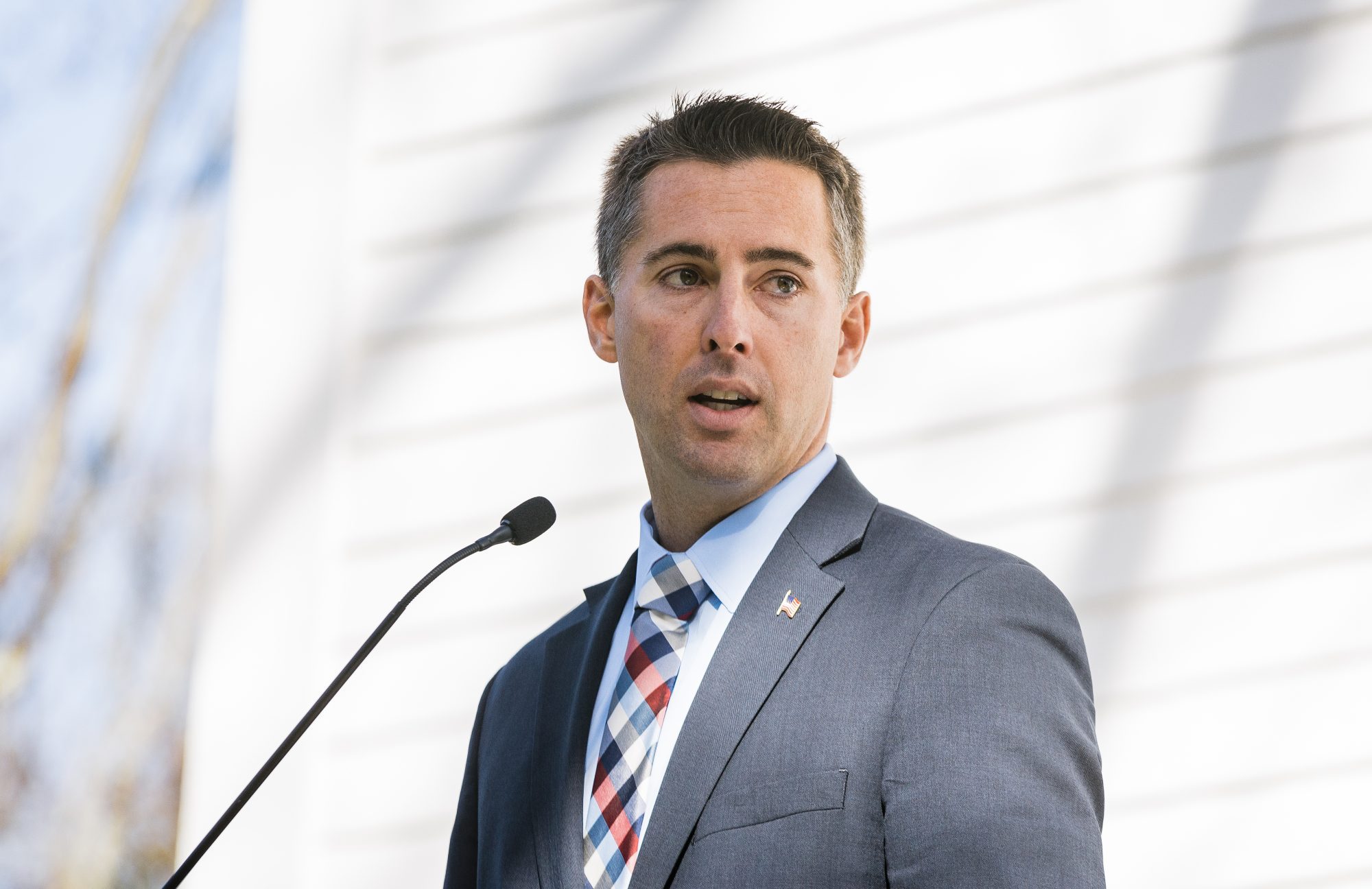
Sweeping climate bill passes the Massachusetts Legislature

Flames break out again in Saugus
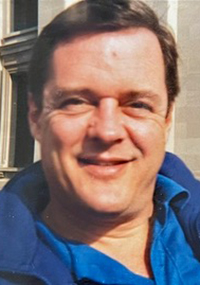
Robert Earle McCall – The Suffolk Times
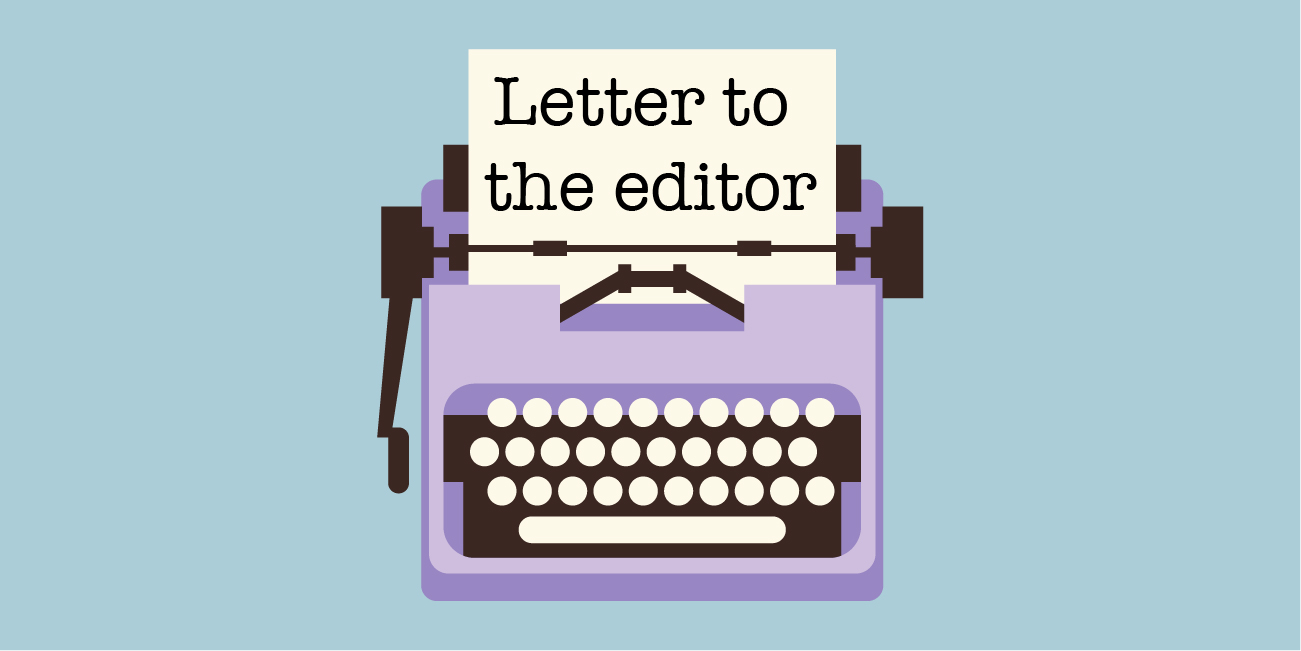
LTTE: Urging Moulton to support trans youth

LTTE: The price of power
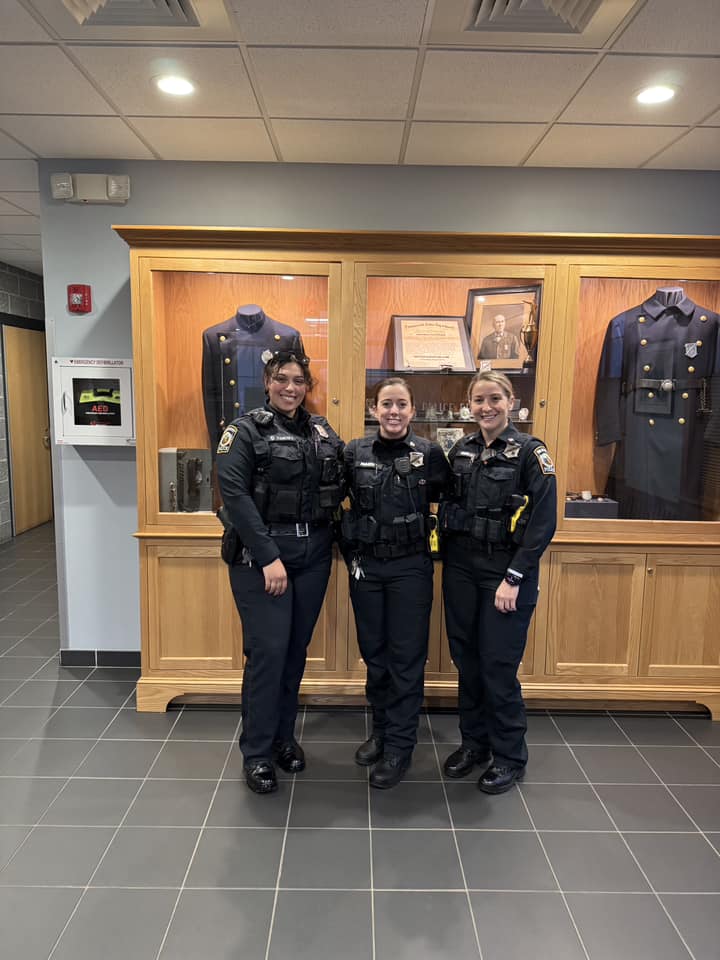
Swampscott Police Dept. redefines ‘A woman’s work is never done’

Marblehead returns to face-to-face bargaining
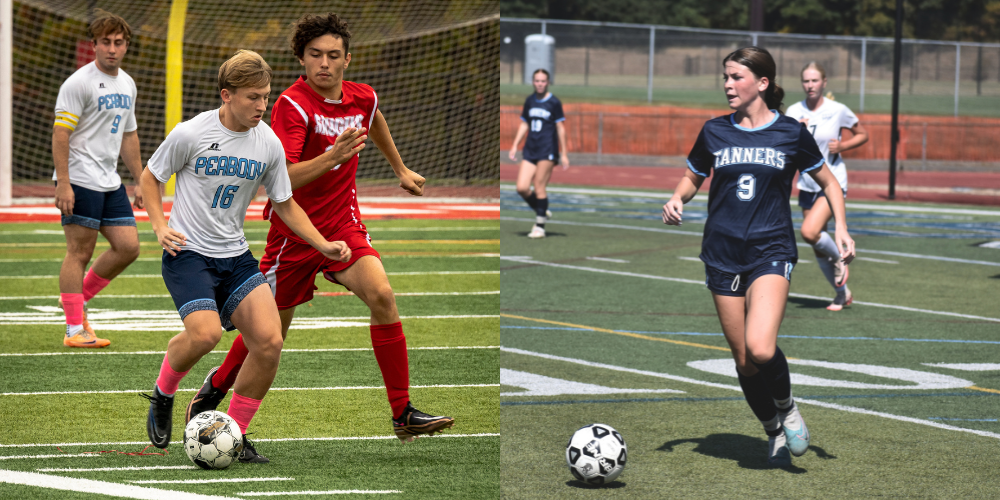
Peabody’s McKeen, Douglass reflect on soccer seasons

Lynnfield comes up empty–handed in semifinals

Police Logs 11/19/24 – Itemlive
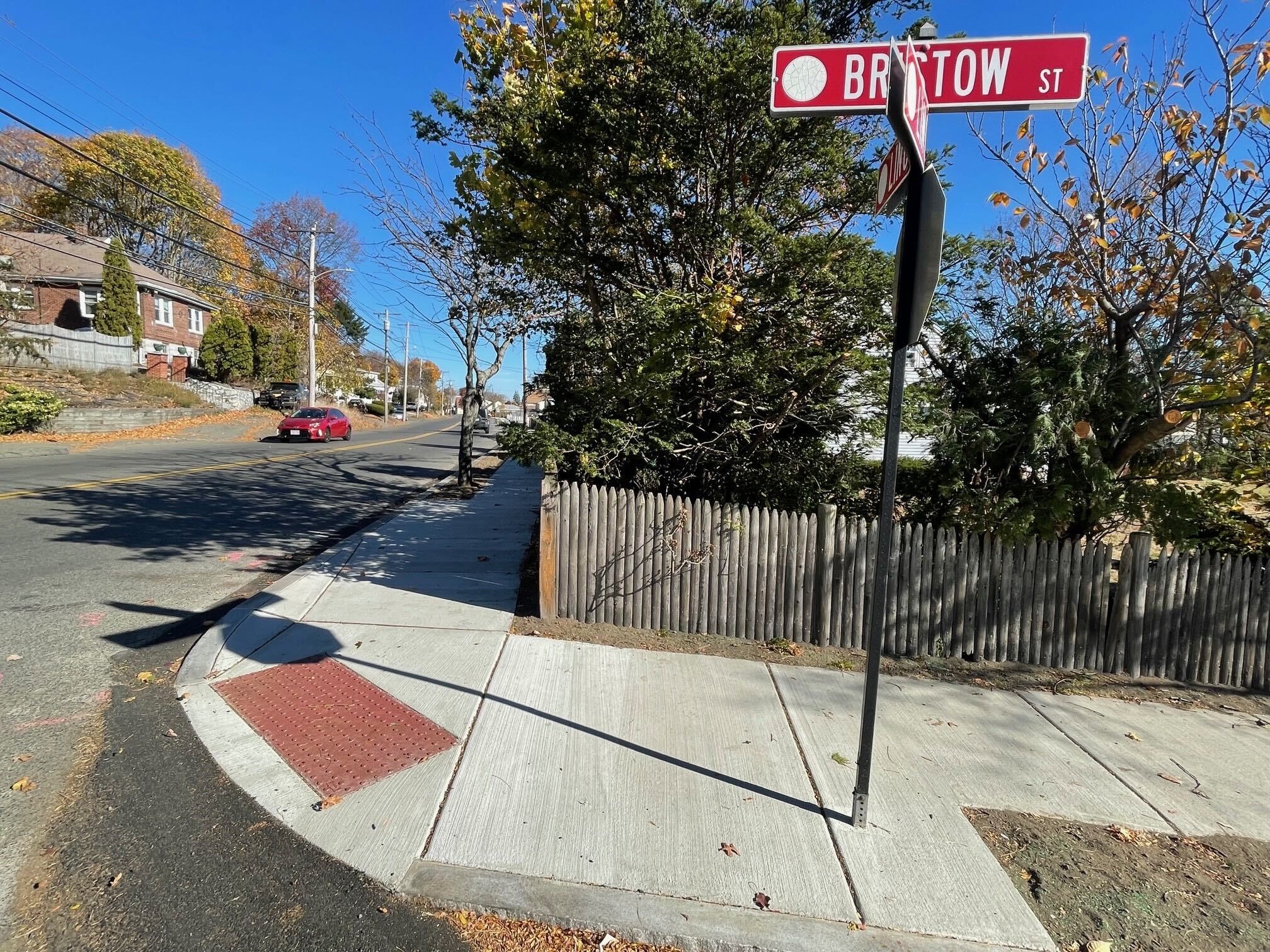
Saugus prioritizes sidewalk repairs in ’24

Two new Lynn police officers sworn in